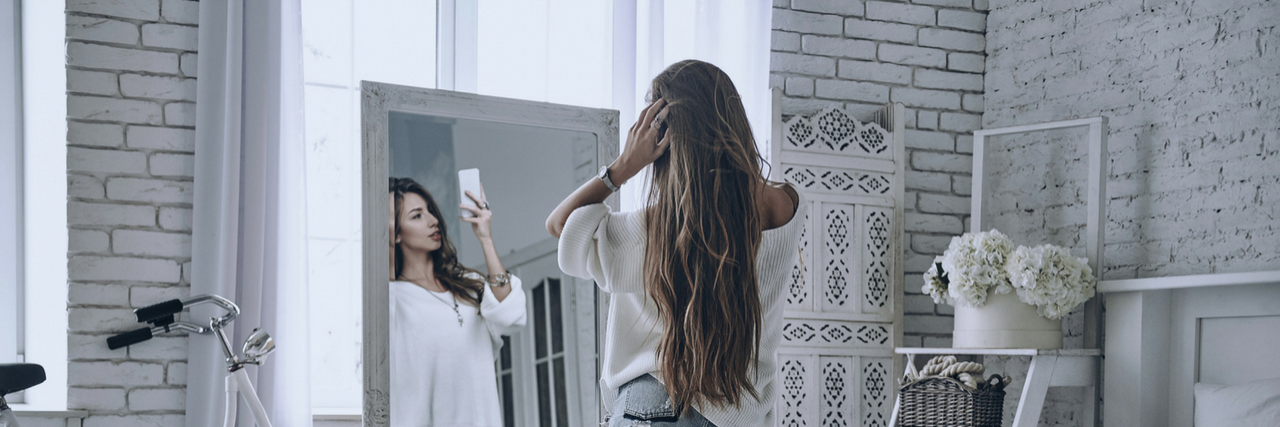Doctors Say Apps Like Snapchat and Facetune Can Trigger Body Dysmorphia
Most selfies and other pictures posted on Instagram, Snapchat and other social media have some type of filter applied. Some of these are obvious, like puppy ears and flower crowns, while others are filters that change the size of facial features. While these filters may seem harmless, doctors say they may lead to body dysmorphic disorder.
Authors of a new article published Thursday in the scientific journal JAMA Facial Plastic Surgery said these popular filtered images “can take a toll on one’s self-esteem, make one feel inadequate for not looking a certain way in the real world, and may even act as a trigger and lead to body dysmorphic disorder (BDD).”
BDD causes obsessive thoughts about real or perceived flaws in one’s appearance, according to the Mayo Clinic. These thoughts can lead to repetitive behaviors like checking oneself in the mirror or picking at your skin. People with BDD often seek out cosmetic procedures, which might provide temporary relief, but does not quell the thoughts or anxiety for long.
“Filtered selfies especially can have harmful effects on adolescents or those with BDD because these groups may more severely internalize this beauty standard,” the paper’s authors said.
According to the authors, patients wanting plastic surgery used to bring photos of celebrities to show the doctor what they wanted. Now, people are bringing in filtered photos of themselves — a trend plastic surgeons are calling “Snapchat dysmorphia.” Most of the filtered photos include fuller lips, bigger eyes and a thinner nose.
Data shows that 55 percent of surgeons report seeing patients who want surgery to improve their selfies. “This is an alarming trend because those filtered selfies often present an unattainable look and are blurring the line of reality and fantasy for these patients,” the authors wrote.
“These apps allow one to alter his or her appearance in an instant and conform to an unrealistic and often unattainable standard of beauty,” the authors write. “While filters that add flowers or animal ears to a photograph are clearly an embellishment, other edits may be subtler and instead promote a pressure to look a certain way.”
Surgery in these cases is not the right choice, according to the authors, because it could exacerbate underlying BDD. Instead, the authors recommend treatments for BDD like therapy and possible psychiatric medications like antidepressants. They also encourage clinicians to tread lightly by approaching the patient with empathy, not judgment.
Photo via Getty Images/g-stockstudio

